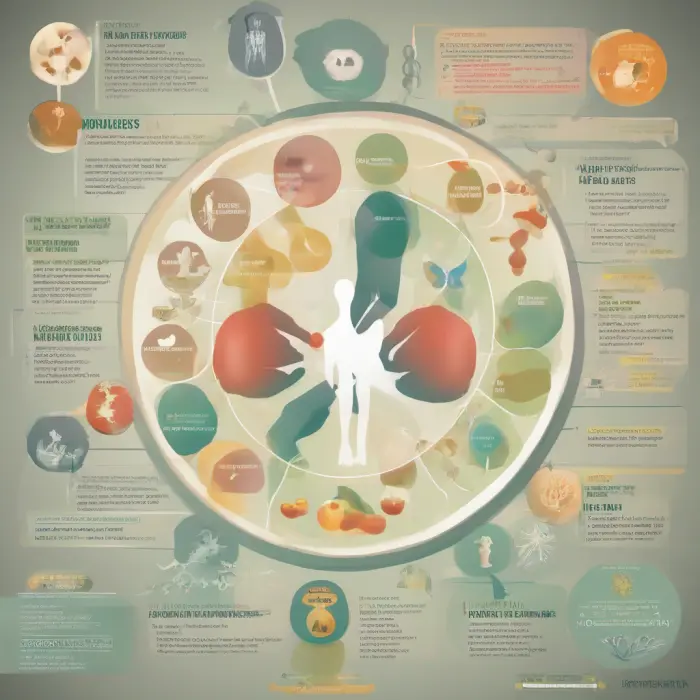Effective Weight Management Strategies
The journey to effective weight management can be a challenge and often requires more than just a diet plan or an intensive exercise program. It is a continuous process that involves long-term commitment to healthier lifestyle choices. Here are some effective weight management strategies that can help you maintain your weight or achieve a healthier weight.
Eat a Balanced Diet
Maintaining a well-balanced diet tops the list of effective weight management strategies. This strategy revolves around consuming the right quantity and quality of food. You should consume foods from all food groups, including carbohydrates, proteins, and fats, in the correct proportions. Additionally, plenty of fruits and vegetables should form part of your diet. They are loaded with essential vitamins, minerals, and fibers that sustain overall health and enable weight control.
Regular Physical Activity
Engaging in regular physical activity is an essential component of any weight management plan. Generally, it's recommended to engage in moderate-intensity exercises for at least 30 minutes a day, five days a week. This could be anything from brisk walking, swimming, cycling, and weight lifting. Physical activity helps burn excess calories that would otherwise be stored as fat, thereby helping in weight control.
Portion Control
Eating large portions of food, especially when eating out or consuming high-calorie foods, can contribute to weight gain. To avoid this, you can use smaller plates and bowls to help control your portions. Also, be mindful of your eating, savor your food and avoid distractions like watching TV during meals. This awareness can help you limit portion sizes and feel satisfied with smaller amounts of food.
Drink Plenty of Water
Water plays a vital role in the management of weight. It aids digestion, keeps the body hydrated, and suppresses the appetite. Replacing sugary drinks with water can significantly reduce your calorie and sugar intake.
Get Enough Sleep
Getting adequate sleep can also contribute to weight management. Lack of sleep can disrupt hormones that control hunger and appetite and cause you to eat more. It is recommended to aim for 7-9 hours of sleep per night.
Regularly Monitor Your Progress
Regular self-monitoring can motivate you to continue with your weight management efforts and help you notice patterns or trends that can inform further changes to your approach. This doesn’t only have to be about weighing yourself but can also involve tracking improvements in your physical endurance, energy levels, and overall well-being.
In conclusion, effective weight management requires a holistic approach. It involves integrating a variety of strategies related to nutrition, exercise, behavior change, and lifestyle adjustments. Remember, it's not about achieving an "ideal" weight but about becoming the healthiest version of you.










